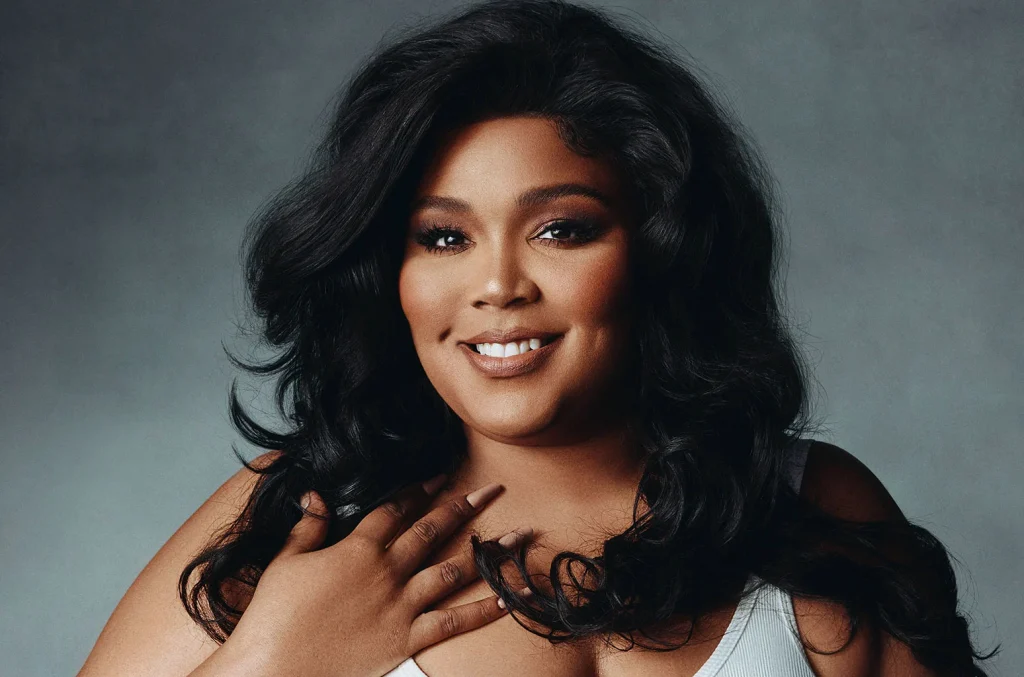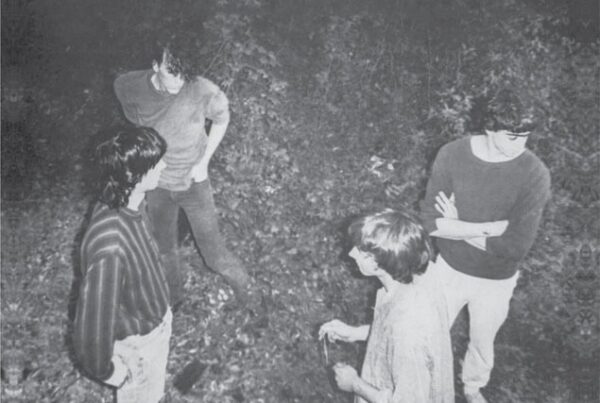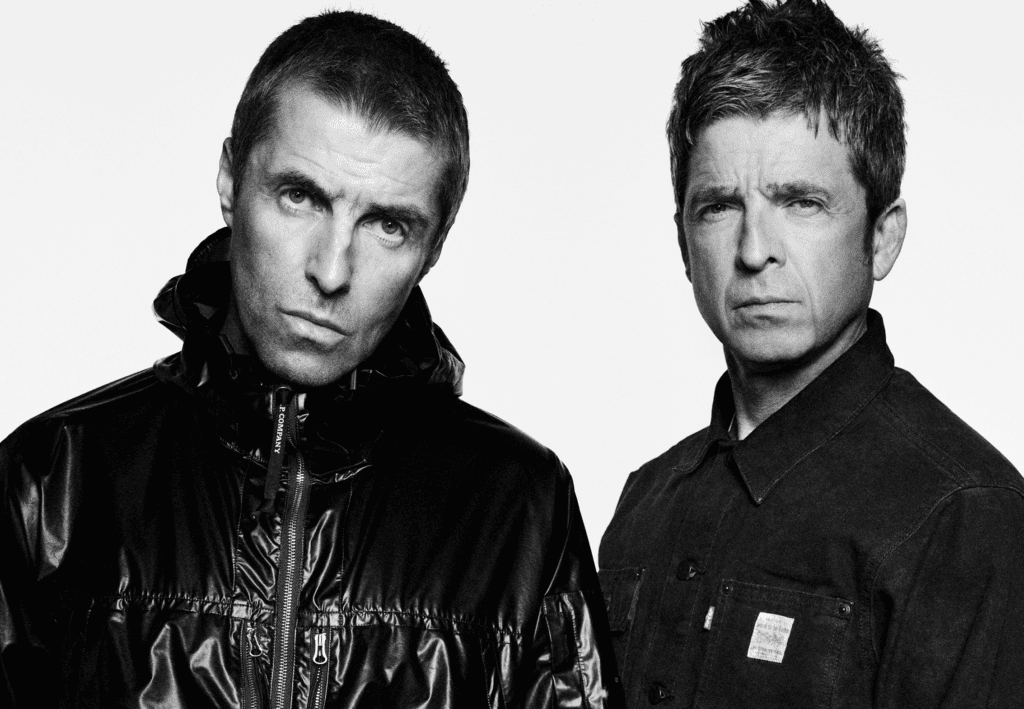As a young girl, I always looked up to Jesy Nelson during her time in Little Mix. She was never fat, but we had the same body type, and she proved to me that people our size could go into the music industry and be successful. As I grew up, though, I watched her get relentlessly bullied for her body and the way she looked, and I supported her as much as a fan could.

Seeing how much hate she received for merely existing in a larger body than her bandmates crushed so many Little Mix fans.
For me, it was a reminder that plus size people can be musicians, but their body will always take priority over their music.
What is anti-fatness?
To put it simply, anti-fatness and ‘fatphobia’ are terms that mean hatred of fat bodies. This can manifest itself in two different forms – the obvious (calling people fat, or telling people they need to lose weight, making fun of their weight specifically) and the subliminal (phrases like, “you have such a pretty face,” or “you dress so well for your size,” or media representation in which plus size people are either comedic relief or have to lose weight to be respected or desired).
How does anti-fatness translate into the music industry?
Take Lizzo, for example. American singer, rapper and songwriter Lizzo currently sets the bar for being unapologetically herself, and her perspective translates to millions of listeners through her music. Her most streamed songs on Spotify, About Damn Time, Truth Hurts and Juice, are feel good songs about being confident in yourself. However, Lizzo’s success doesn’t protect her from an abundance of hate online.
In January 2020, Jillian Michaels, a personal trainer most commonly known for her work on The Biggest Loser, was a guest on BuzzFeed New’s AM2DM, and stated, “Why are we celebrating [Lizzo’s] body? Why does it matter? Why aren’t we celebrating her music? ‘Cause it isn’t going to be awesome if she gets diabetes.” She then doubled down on this statement by posting, “As I’ve stated repeatedly, we are all beautiful, worthy, and equally deserving. I also feel strongly that we love ourselves enough to acknowledge there are serious health consequences that come with obesity — heart disease, diabetes, cancer to name only a few. I would never wish these for anyone and I would hope we prioritise our health because we love ourselves and our bodies.” Furthering this, she commented in an interview with People, “there’s nothing beautiful about clogged arteries.” The issue with these comments is that fatphobia often masquerades itself as caring about health, and it’s obvious that in Michael’s statements, this is what is happening.
“Mama Cass” Elliot’s life and career is still clouded by fatphobia. Before being accepted into The Mamas & the Papas, apparently, Elliot was hit on the head with a pipe, leading to her vocal range expanding by three notes, in turn being able to sing high enough to fit the group’s material. However, a lot of people close to the group have disputed this, believing that John Phillips didn’t want her to be a member of the group because of her weight. Michelle Phillips’ sister, Russell Gilliam, stated, “John refused to let her into the group for one reason, and one reason only. She was too fat.” In Dream a Little Dream of Me, Cass Elliot’s 2005 biography, it is written, “Mitch, Denny, and I were three string beans and she was huge. The sound was off and the look didn’t fit either. So I kept her out,” [John] said. Denny, meanwhile, remembers there being no doubt as to why he wouldn’t let her in. “She was too fat! His ideal woman, he had: Michelle.”
The worse thing about the anti-fatness Elliot experiences isn’t what happened during her life, though. Sue Cameron, Elliot’s best friend, told People Magazine that when “Mama Cass” passed away in 1974, her manager, Allan Carr, and Cameron herself, circulated the rumour that she died by choking on a ham sandwich to protect her reputation. Elliot had a heart attack – her official cause of death is ‘fatty myocardial degeneration due to obesity,’ but there is a lot of speculation that her heart attack was caused by long term substance abuse and extreme dieting, both of which could have weakened her heart. Cameron recalled a lot of the body shaming “Mama Cass” experienced to People, stating, “Cass was overweight and there was a lot of body shaming then but we didn’t call it that. She covered it up. She was the ‘funny one.’ It was horrible for her, to be thought of as ‘the fat one’ and Michelle [Phillips] the pretty one. People would say that to Cass’ face. She had to suck it up and laugh.”
Anti-fatness in the music industry is inescapable because ‘look’ and ‘image’ are tied to the music people make. Whether it be praise for Adele, who has spoken out about comments on her weightless being strange, or cyber-bullying plus size musicians trying to become successful on apps such as Twitter or Instagram, it feels like fatphobia is everywhere you look.
There are a few exceptions to this, though. Mika’s ‘Big Girl, You Are Beautiful’ is a nostalgic classic about plus size women. Megan Trainor’s ‘All About That Bass’ was a smash hit in 2014. Even Lizzo, mentioned earlier in the article, often includes lyrics such as her being proud to be a ‘thick bitch,’ ‘that bitch,’ and ‘body goals’.
Former American Idol contestant and emerging artist Maddie Zahm released ‘Fat Funny Friend’ earlier this year, after the demo went viral on TikTok. Including lyrics such as, ‘I’ve drawn out in sharpie where I’d take the scissors, if that’s what it took for me to look in the mirror,’ drawing attention to how violent and sinister anti-fatness can be. Reception to this song took flight on TikTok, the audio now having accumulated over 15k videos of other plus size people resonating with the message. This song has been important to so many other individuals, and it’s important to note that, regardless of the online hate she could have received for releasing ‘Fat Funny Friend’, she used her creative outlet to produce a piece that deals with the realities of fatphobia.
In the grand scheme of anti-fatness, we need to separate health from size, and to remember that you can’t determine someone’s health just by looking at their body. More importantly, you shouldn’t be trying to determine someone’s health full stop. A person’s health belongs to them and them only, and you shouldn’t speculate on how much they eat, or how little they exercise, or how ‘lazy’ they might be, whether the person is a stranger on the street or a musician in the public eye. A person’s weight or health shouldn’t determine how much you respect them.
We shouldn’t have to celebrate musicians’ bodies – we shouldn’t have to be having these discussions. We shouldn’t be focusing on what musicians look like, we should be listening to them, their message, their work, but we’ve been taught the same thing over and over again throughout our life, that fatness is unhealthy, lazy, immoral and offensive. This is why it’s important to celebrate the success of fat creatives, and that celebration includes their body size – to redress the balance.
Words: Maia Barker






